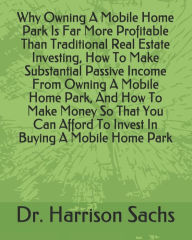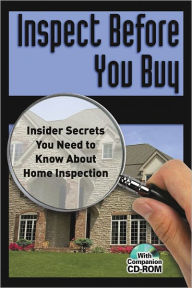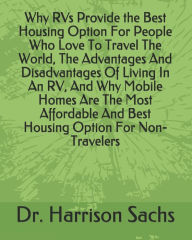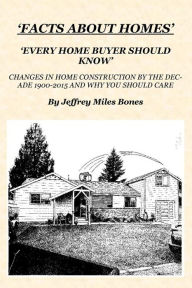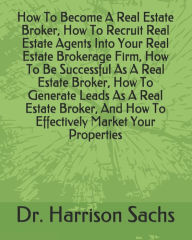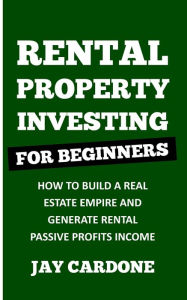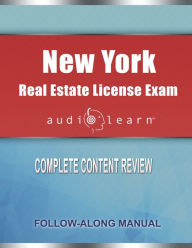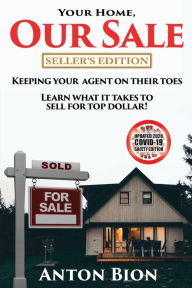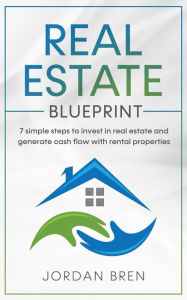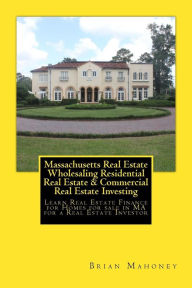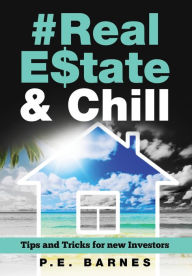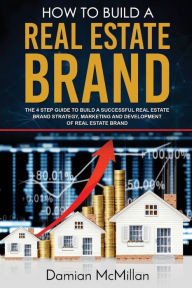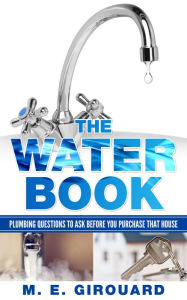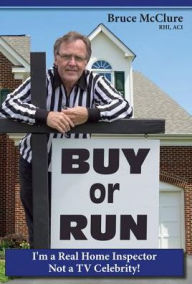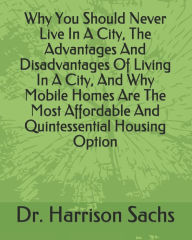Why Owning A Mobile Home Park Is Far More Profitable Than Traditional Real Estate Investing, How To Make Substantial Passive Income From Owning A Mobi
by Dr. Harrison Sachs
2020-05-30 20:02:11
Why Owning A Mobile Home Park Is Far More Profitable Than Traditional Real Estate Investing, How To Make Substantial Passive Income From Owning A Mobi
by Dr. Harrison Sachs
2020-05-30 20:02:11
This essay sheds light on why owning a mobile home park is far more profitable than traditional real estate investing and also elucidates how to make substantial passive income from owning a mobile home park. Moreover, how to make money so that you c...
Read more
This essay sheds light on why owning a mobile home park is far more profitable than traditional real estate investing and also elucidates how to make substantial passive income from owning a mobile home park. Moreover, how to make money so that you can afford to invest in buying a mobile home park is delineated in this essay. In spite of the myriad of disadvantages associated with owning a traditional rental property, procuring a profitable mobile home park business can be an eminently lucrative investment, especially if you max it out to full capacity by not having any vacant mobile home units. Earning substantial passive income through owning the land of a mobile home park will allow you to reap far more income than you otherwise would by owning traditional rental proprieties that are exorbitant costly to own, maintain, and repair. The advantages appertaining to owning a mobile home park are multitudinous and go far beyond simply allowing you to reap substantial lot rent income from a myriad of tenants each and every month. Even if the tenants outright own the mobile homes, they are still required to pay lot rent to the mobile home park owner who is leasing them the land. As per the advantages of being a owning a mobile home park, first and foremost, mobile home park owners looking to maximize their return on investment, can also invest in buying mobile homes for their mobile home parks on vacant lots and subsequently sell them for enormous mark ups. Even though the mobile homes may be all sold to tenants they will still be able to reap substantial lot rent income each month from the tenants who own their mobile homes. The cost to buy a mobile home park can even be lower than $10,000 per lot which is 90% less than the price to pay for a single family home or apartment that can easy cost well over $100,000 per unit. As an investment, owning a mobile home park and even flipping mobile homes can be extremely lucrative since they offer a much higher return on investment relative to owning traditional rental properties. The risks associated with owning a mobile home park are minimal relative to owning traditional rental properties primarily because the start up costs are much lower than buying traditional rental properties. Moreover, the risks succumbing to a negative return on investment are mitigated since they are vastly spread out across a copious amount of mobile home tenants. In other words, unlike a traditional real estate investor, it is unlikely that a mobile park owner will succumb to a negative return on investment, even if they loose a few tenants. This is because, mobile home owners are have a myriad of tenants, unlike most traditional real estate investors, and are therefore not fully dependant on a few tenants paying the lot rent to sustain their business. Second, there are substantially lower repair costs and maintenance costs associated with being a mobile home park owner than there are as an investor in traditional rental properties. By only owning the land of the mobile home park and not owning the mobile homes your tenants reside in, it culminates in the mobile home owner being responsible for the maintenance and repairs of their units. While the mobile home park owner is still going to need to account for the expenses of the upkeep for the park, it will most likely be significantly less than what they would pay for the upkeep of the homes (Turner, 2017). Third, as a mobile home park owner, your risks for loss of lot rent income are substantially decreased relative to the magnitude of the risk real estate investors succumb to who own traditional rental properties. With more tenants, the risk for a negative return on investment is greatly mitigated since the lot rent income each tenants provides is only an infinitesimal portion of your gross lot rent income. On the other hand, a traditional real estate investor who owns four single family home can loose five years of profit from their entire portfolio .
Less


